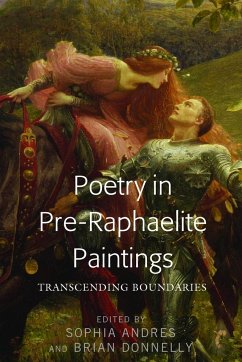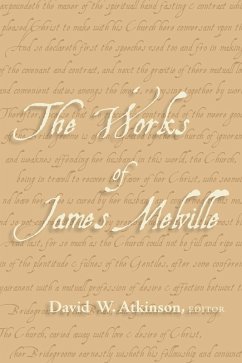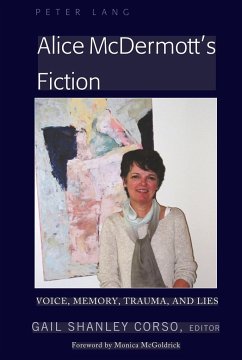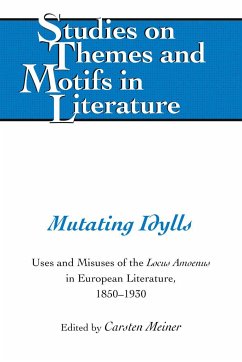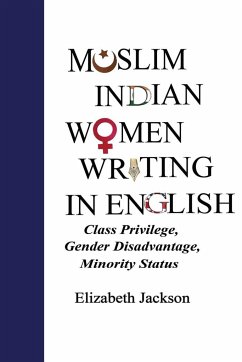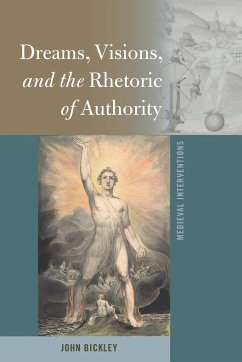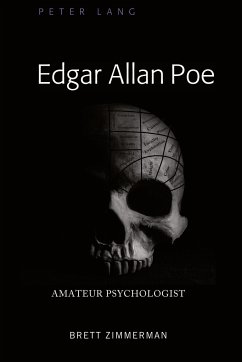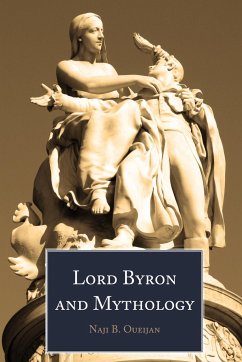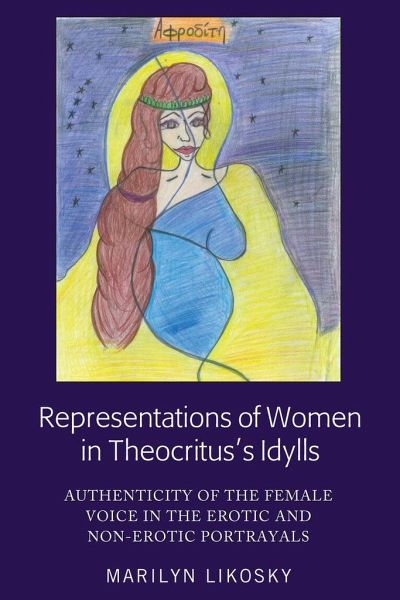
Representations of Women in Theocritus's Idylls
Authenticity of the Female Voice in the Erotic and Non-Erotic Portrayals
Versandkostenfrei!
Versandfertig in 6-10 Tagen
107,65 €
inkl. MwSt.
Weitere Ausgaben:

PAYBACK Punkte
0 °P sammeln!
Hellenistic poet Theocritus showcased a wide variety of women and their relationships to men in his work. Representations of Women in Theocritus's Idylls: Authenticity of the Female Voice in the Erotic and Non-Erotic Portrayals is the first comprehensive analysis of these women. This book uses a unique and widely inclusive set of tools derived from gender studies, literary criticism, and Hellenistic history to extract the voices of females, as most are silent themselves and spoken for by others. This analysis questions the validity of the female voice and determines authenticity through a meth...
Hellenistic poet Theocritus showcased a wide variety of women and their relationships to men in his work. Representations of Women in Theocritus's Idylls: Authenticity of the Female Voice in the Erotic and Non-Erotic Portrayals is the first comprehensive analysis of these women. This book uses a unique and widely inclusive set of tools derived from gender studies, literary criticism, and Hellenistic history to extract the voices of females, as most are silent themselves and spoken for by others. This analysis questions the validity of the female voice and determines authenticity through a method derived from Lacanian psychoanalysis. Author Marilyn Likosky identifies a female erotic voice that according to criteria is not attributed to a woman but rather to the imagination of the male responding to perceived risks in engaging with a female at a time in which she received greater liberties. Theocritus explores a number of candidate strategies for males to lessen disruptions from erotic encounters. Likosky identifies an ambiguity in the presentation of voice, finding it likely an intentional means for Theocritus to engage his audience in troublesome issues. This book supports academic seminars in gender studies, Hellenistic poetry, and literary criticism.





